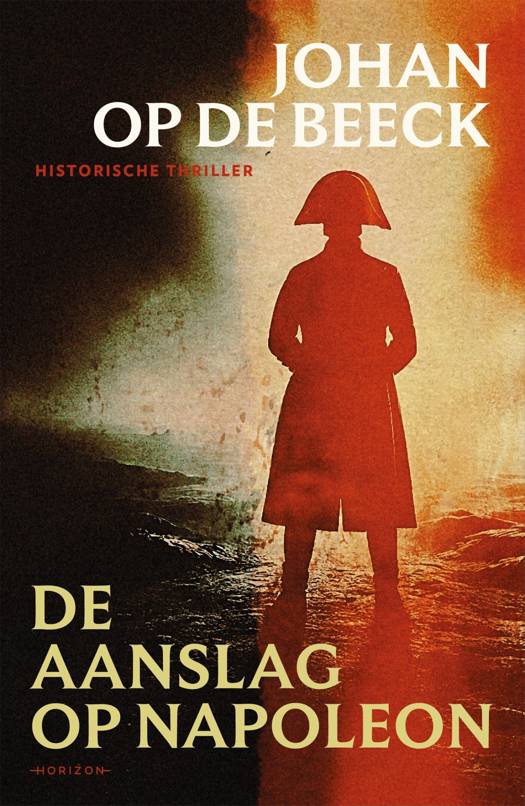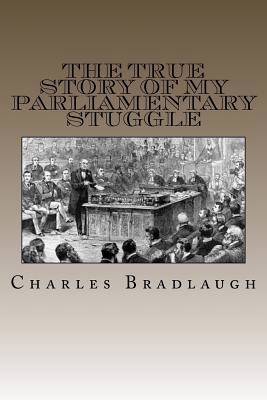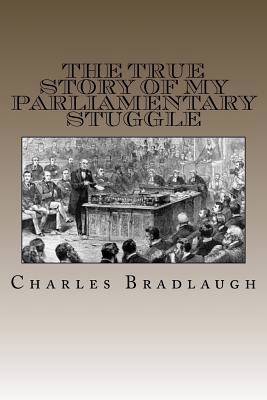
- Afhalen na 1 uur in een winkel met voorraad
- Gratis thuislevering in België vanaf € 30
- Ruim aanbod met 7 miljoen producten
- Afhalen na 1 uur in een winkel met voorraad
- Gratis thuislevering in België vanaf € 30
- Ruim aanbod met 7 miljoen producten
Zoeken
Omschrijving
The facts and circumstances under which Mr. Bradlaugh claimed to take and subscribe the Oath are as follow: On Monday, the 3rd of May, Mr. Bradlaugh came to the Table of the House and claimed to be allowed to affirm, as a person for the time being by law permitted to make a solemn affirmation instead of taking an oath; and on being asked by the Clerk upon what grounds he claimed to make an affirmation, he said that he did so by virtue of the Evidence Amendment Acts, 1869 and 1870. Whereupon Mr. Speaker informed Mr. Bradlaugh, "that if he desired to address the House in explanation of his claim, he might be permitted to do so." In accordance with Mr. Speaker's intimation, Mr. Bradlaugh stated shortly that he relied on the Evidence Further Amendment Act, 1869, and the Evidence Amendment Act, 1870, adding, "I have repeatedly, for nine years past, made an affirmation in the highest courts of jurisdiction in this realm; I am ready to make such a declaration or affirmation."
Specificaties
Betrokkenen
- Auteur(s):
- Uitgeverij:
Inhoud
- Aantal bladzijden:
- 108
- Taal:
- Engels
Eigenschappen
- Productcode (EAN):
- 9781508932345
- Uitvoering:
- Paperback
- Formaat:
- Trade paperback (VS)
- Afmetingen:
- 152 mm x 229 mm
- Gewicht:
- 154 g

Alleen bij Standaard Boekhandel
+ 49 punten op je klantenkaart van Standaard Boekhandel
Beoordelingen
We publiceren alleen reviews die voldoen aan de voorwaarden voor reviews. Bekijk onze voorwaarden voor reviews.











